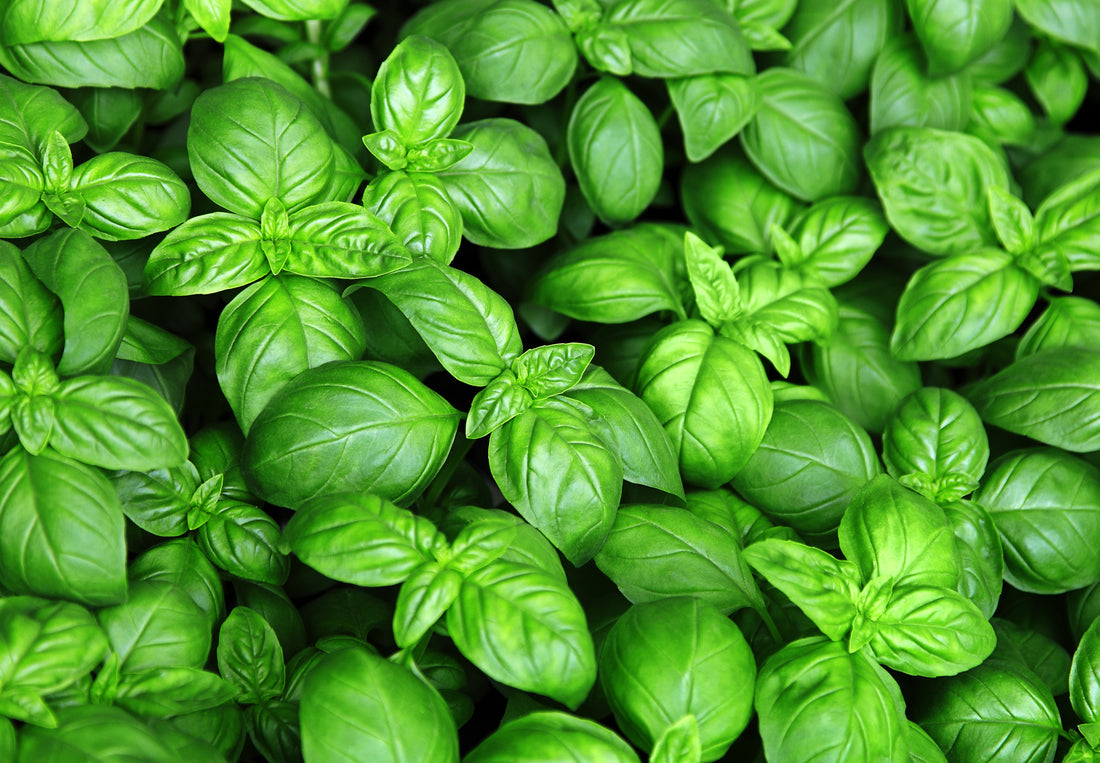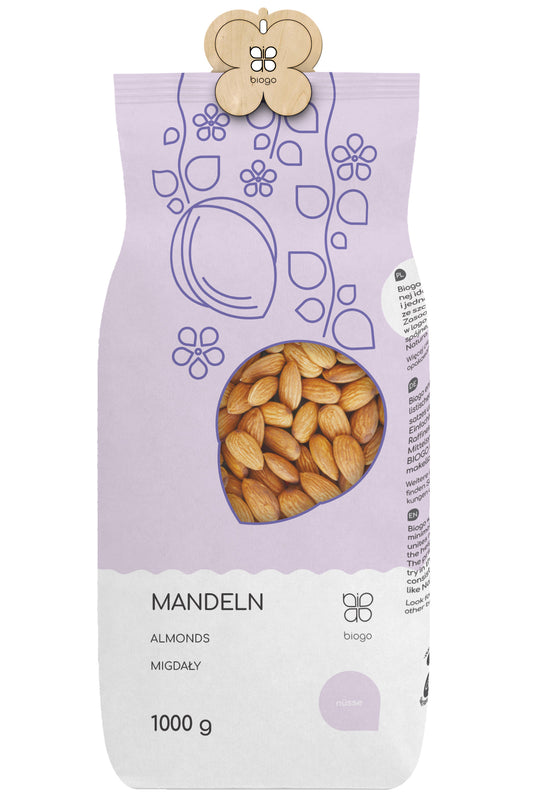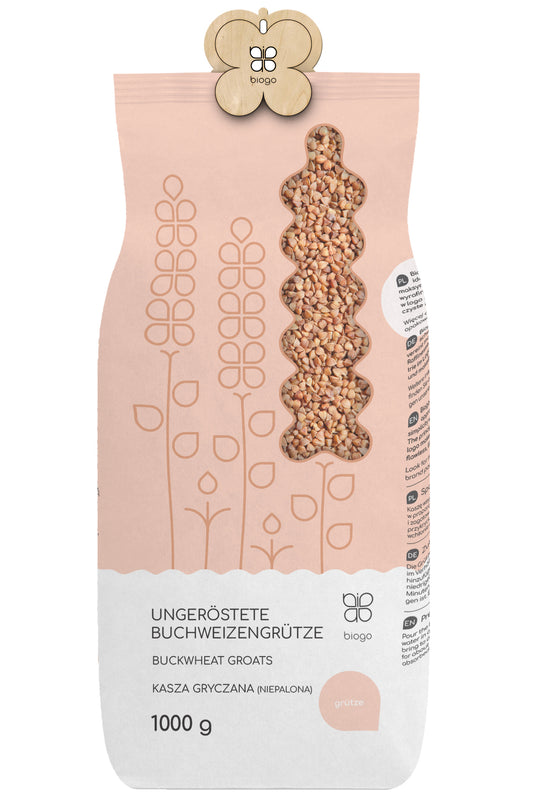- Quelles sont les propriétés du basilic ?
- Les effets bénéfiques du basilic sur la santé
- L'utilisation du basilic
- Existe-t-il des contre-indications à l’utilisation du basilic ?
Le basilic est l’une des épices les plus populaires et les plus utilisées dans notre cuisine, à la fois sous forme séchée et sous forme de feuilles fraîches et aromatiques qui ornent les rebords de fenêtre de notre cuisine. Il est difficile d’imaginer des spaghettis, une pizza, un pesto ou une salade Caprese sans lui. Il se marie parfaitement avec les tomates, mais aussi avec les limonades sucrées et les smoothies. L'utilisation du basilic dans les plats leur confère un goût et un arôme distinctifs et caractéristiques et est plus facile à digérer, car il aide à améliorer le processus digestif et soulage la sensation de ballonnements et de coliques. Cependant, ce ne sont pas là toutes ses propriétés : le basilic est également utilisé en médecine et dans l’industrie pharmaceutique, ainsi qu’en cosmétique et même en parfumerie.
Quelles sont les propriétés du basilic ?
Le basilic ( Ocimum basilicum ) est une plante annuelle de la famille de la menthe qui compte environ cent cinquante variétés qui diffèrent légèrement en apparence et en arôme. Les variétés les plus populaires utilisées en cuisine et en médecine sont :
- Basilic commun - a une odeur intense et assez épicée et une couleur très verte des feuilles ainsi qu'un goût sucré et épicé. Il sécrète de l'huile de basilic au parfum épicé-floral,
- Basilic grec - Basilic grec, ses pousses sont riches en petites feuilles vert clair ou rouges jusqu'à 1 cm de taille.
- Citron - avec un arôme d'agrumes rafraîchissant caractéristique. Il est parfait comme assaisonnement pour les poissons et les fruits de mer, mais aussi pour les salades de fruits,
- Cannelle - a un arôme intense rappelant la cannelle,
- rouge - il diffère du basilic ordinaire principalement par sa couleur, son goût et son arôme sont très similaires.
En Pologne, on l'appelle basilic parfumé ou basilic de jardin. Bien qu'il soit utilisé dans le monde entier non seulement comme épice mais aussi comme plante médicinale et ornementale, il n'est pas très populaire en Pologne de ce point de vue. 100 g de feuilles de basilic frais n'apportent que 22 kcal, ce qui en fait un produit hypocalorique à faible indice glycémique, mais en même temps riche en flavonoïdes, tanins et saponines, ainsi qu'en vitamines et minéraux tels que :
- Vitamine A,
- Bêta-carotène,
- Vitamine E,
- Vitamine B2 (riboflavine),
- Niacine,
- Vitamine B6 (pyridoxine),
- Acide folique,
- Vitamine C,
- Sodium,
- Potassium,
- Calcium,
- Phosphore,
- magnésium
- Fer,
- Zinc,
- Cuivre.
Les effets bénéfiques du basilic sur la santé
La matière première utilisée en médecine est l’huile de basilic, qui est extraite de la plante entière. En plus des vitamines et minéraux déjà mentionnés, les substances contenues dans cette huile comprennent : le linalol, l'eugénol et le cinéole. Le basilic a un effet positif sur les systèmes digestif et nerveux. Il améliore le processus de digestion des aliments, détend et draine, élimine les flatulences. De plus, il a un effet anti-inflammatoire. Il est utilisé comme sédatif et antidépresseur naturel. Le basilic aide également à réduire les gonflements et les bouffissures. Pour résumer:
- réduit la fermentation excessive dans les intestins, élimine les flatulences,
- améliore le processus digestif,
- fonctions:
- diurétique,
- diastolique,
- anti-inflammatoire,
- antibactérien,
- rafraîchissant
L'utilisation du basilic
Le basilic est une épice qui fait partie de presque tous les plats méditerranéens ; on le retrouve également dans un mélange d'herbes provençales. C'est l'ingrédient de base de la sauce pesto. Les feuilles de basilic frais ont un arôme caractéristique et un goût rafraîchissant distinct. On les ajoute aux soupes, aux salades et aux sauces et ils se marient particulièrement bien avec les tomates. Le basilic séché peut être frotté sur la viande avant de la faire frire, cuire au four ou griller. Le basilic est utilisé dans les cocktails, les glaces, les boissons alcoolisées, les liqueurs, le vinaigre et l'huile. D'autre part, l'huile essentielle extraite du basilic est utilisée dans la production de savons, de préparations anti-acné et de parfums, ainsi que comme répulsif naturel, c'est-à-dire une préparation qui repousse efficacement les insectes, notamment les moustiques. L’huile de basilic possède également des propriétés analgésiques, améliore la concentration et soulage les symptômes de l’insomnie. Il est particulièrement recommandé pour les migraines. Il peut être utilisé pour le massage, le bain, l'inhalation et l'aromathérapie.
Existe-t-il des contre-indications à l’utilisation du basilic ?
La consommation de basilic en quantités modérées comme épice n’est pas associée à des effets secondaires et il n’y a généralement pas de contre-indications à son utilisation. Il est conseillé aux personnes souffrant de maladies cardiovasculaires, de troubles de la coagulation sanguine, de problèmes de pression (le basilic peut abaisser la tension artérielle) et d’épilepsie de limiter leur consommation de basilic.
Inclure le basilic dans votre alimentation quotidienne peut avoir un impact positif sur notre santé. Il est recommandé de limiter la consommation de sel et de le remplacer par du basilic. Cette plante améliore le métabolisme, possède des propriétés bactéricides et antifongiques et a en même temps un effet positif sur le système nerveux humain. La consommation de basilic apporte de nombreux bienfaits pour la santé et contribue à améliorer le fonctionnement du corps à différents niveaux.
LE CHOIX DE L'ÉDITEUR
Dattes séchées 1 kg BIOGO
- £4.00
£5.00- £4.00
- Prix unitaire
- / par
Amandes 1 kg BIOGO
- £11.00
£13.00- £11.00
- Prix unitaire
- / par
Graines de tournesol décortiquées 1 kg BIOGO
- £3.00
£4.00- £3.00
- Prix unitaire
- / par
Mangue séchée bio 400 g BIOGO
- £10.00
- £10.00
- Prix unitaire
- / par
Mûres blanches séchées 500 g BIO
- £6.00
£7.00- £6.00
- Prix unitaire
- / par
Popcorn (grains de maïs) bio 1 kg BIOGO
- £6.00
- £6.00
- Prix unitaire
- / par
Curcuma moulu bio 500 g BIOGO
- £6.00
- £6.00
- Prix unitaire
- / par
Graines de chardon-Marie 1 kg BIOGO
- £4.00
- £4.00
- Prix unitaire
- / par
Noix de cajou bio 1 kg BIOGO
- £18.00
- £18.00
- Prix unitaire
- / par
Gruau de sarrasin non décortiqué 1 kg BIOGO
- £3.00
£3.00- £3.00
- Prix unitaire
- / par







































































































































